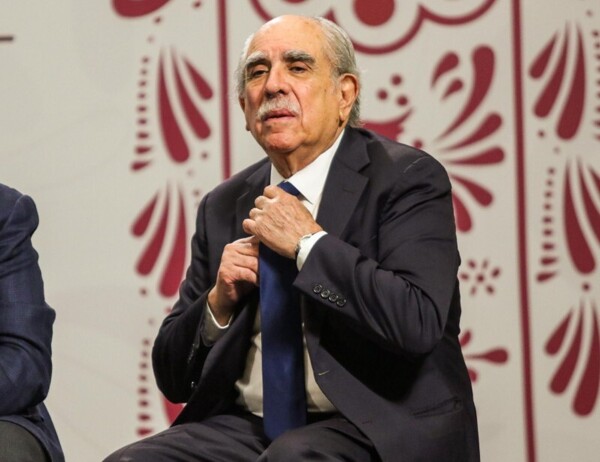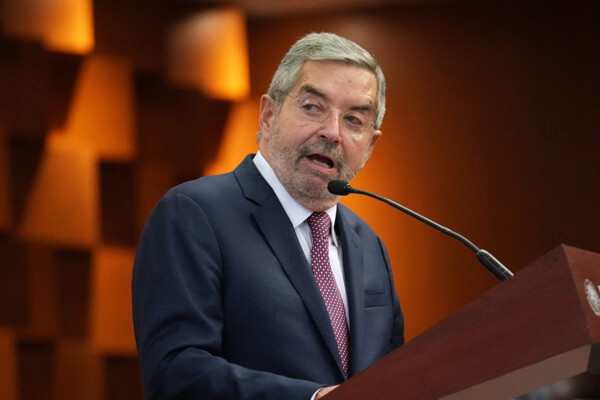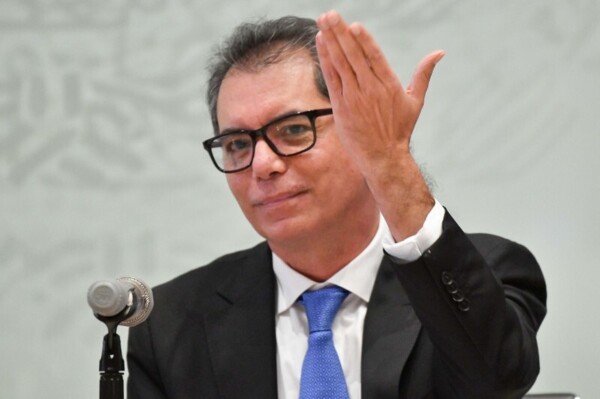
The approach to avoiding tariffs, according to an expert, aligns with the principles of the World Trade Organization. It was stated that "avoiding tariffs, therefore, seems like an impossible task."
Luis Mauricio R., partner at Rodega Traders & Logistics, explained that in Mexico the VAT paid by importers is not a final cost, but a tax credit that can be deducted from the VAT generated by sales of those same products.
If VAT on imports were eliminated, the net effect would be almost the same, as importers would no longer pay VAT when importing, but they would also not be able to deduct it from the VAT collected on sales. However, any modification to the VAT system would require comprehensive tax reform in countries like Mexico, which would significantly impact fiscal revenues.
The President of the United States, Donald Trump, has announced the implementation of a "reciprocal" tariff system. This could cause chaos in global supply chains and provoke retaliation from the United States' trading partners, according to experts.
Gabriela Siller, director of economic analysis at Banco Base, mentioned that unlike a 25 percent tariff on steel, the VAT measure would generate problems in analyzing which products cross the border multiple times.
Francisco J. Peña-Valdés, binational secretary of AEM and president of the McAllen, Texas chapter, explained that Trump’s policy seeks to reduce the U.S. trade deficit with its partners, especially Mexico.
Inga Fechner, senior economist of Global Trade at ING, emphasized that VAT is a final consumption tax rooted in the tax systems of 175 countries. She pointed out that the abolition of the VAT system is unlikely, as it is a fundamental pillar of public finances in many countries.
Conde highlighted that companies that depend on cross-border manufacturing, foreign markets, or global suppliers must prepare for the impact and rethink their strategies immediately.














